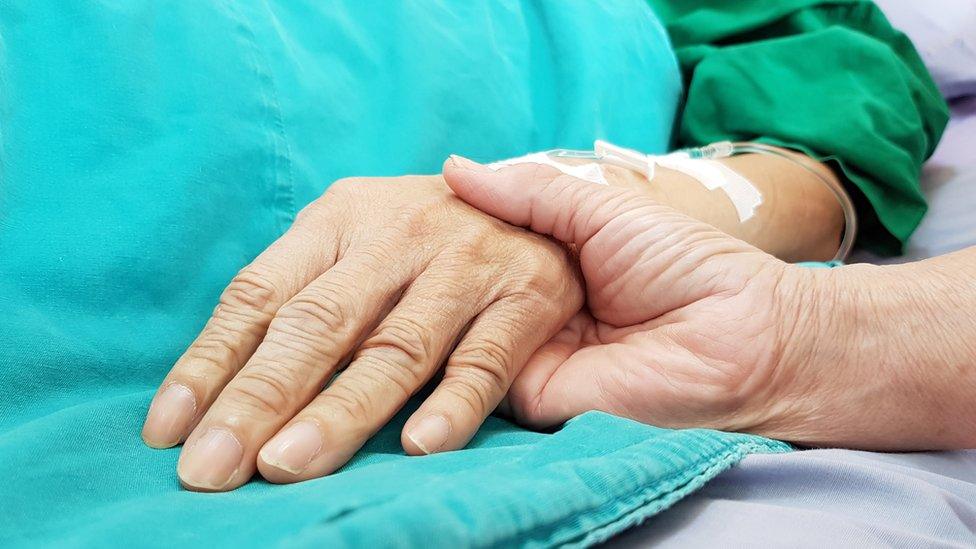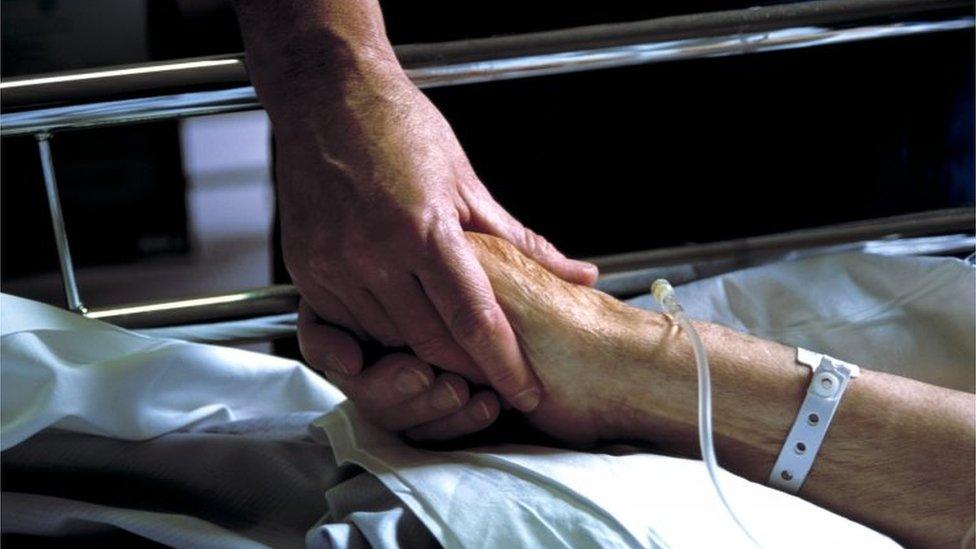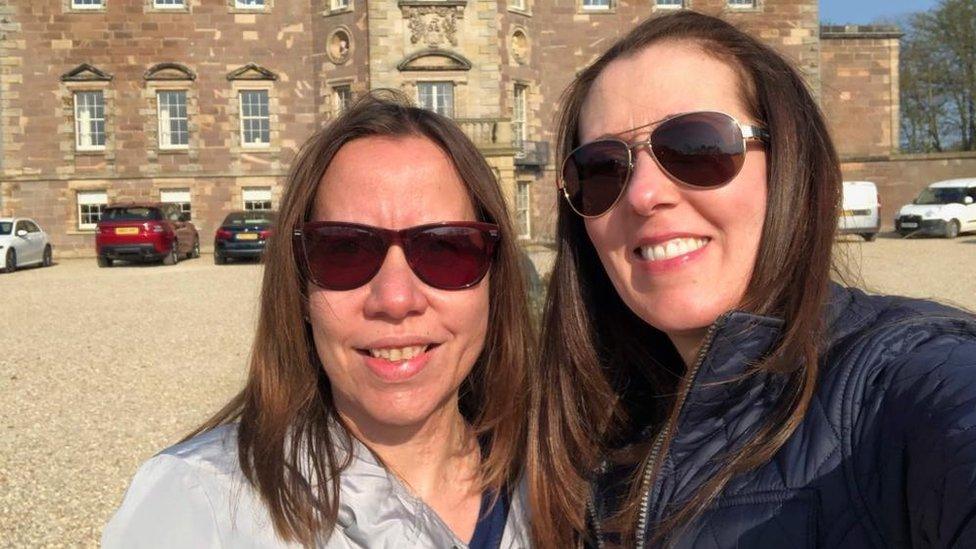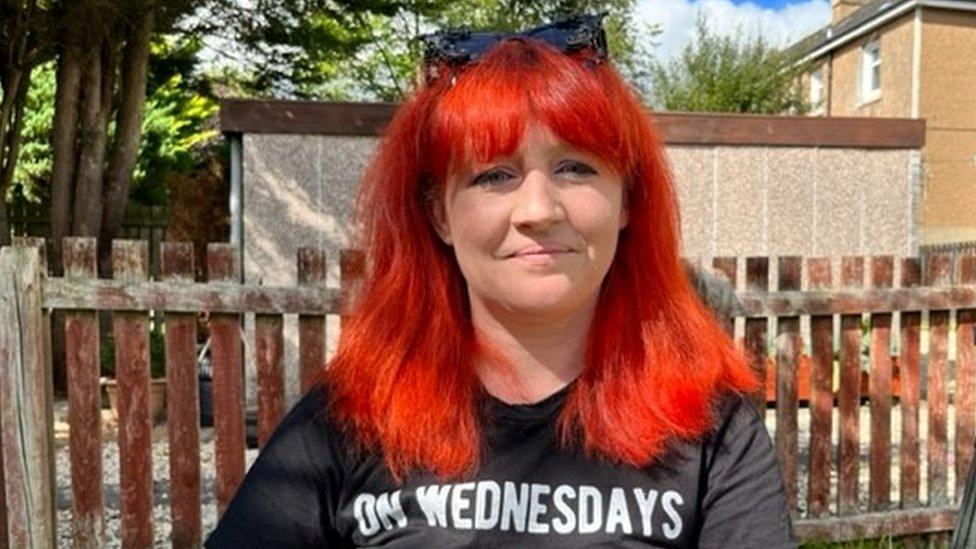Dignitas backs bid to legalise assisted dying in Scotland
- Published

Dignitas has accused the UK government of "outsourcing" euthanasia to Switzerland
A Swiss organisation which helped 16 Scots end their lives is backing a bid to legalise the process at Holyrood.
Dignitas, which has provided euthanasia services for hundreds of people from the UK, also accused Westminster of "outsourcing" the issue to Switzerland.
Liberal Democrat MSP Liam McArthur aims to introduce the right to assisted death for mentally competent adults with terminal illness.
Dignitas said it was "fully supportive" of his bill.
Mr McArthur has now obtained sufficient support for a bill to be brought forward at Holyrood. A total of 32 MSPs have now given their support, exceeding the 18 signatures required.
In its response to the consultation on the Assisted Dying for Terminally Ill Adults (Scotland) bill, Dignitas said the UK had "failed to legislate outright for its own citizens".
The organisation said: "Close to 500 UK residents, including 16 of Scotland, have been forced to leave their home just because they wished to have legal assisted dying, which they were able to access at Dignitas."
Dignitas said that "for many years, the UK has been outsourcing the issue of assisted dying to Switzerland, thus knowingly violating citizens' human rights to have this choice at home".
It described the legal situation as "inadequate and incoherent".
The legislation being proposed by Mr McArthur would require two doctors to sign off on the patient being terminally ill, as well as having the mental capacity to make the decision and ensuring they are not being coerced.
Among thousands of responses to the consultation, which closed in December 2021, there were 81 from organisations with 47 of them fully opposed to the proposals.
Arguments from groups representing disabled people included concerns that the bill would undermine palliative care and would put pressure on vulnerable patients to see their lives as a burden.
- Published5 July 2021

- Published18 November 2021

- Published8 September 2022
